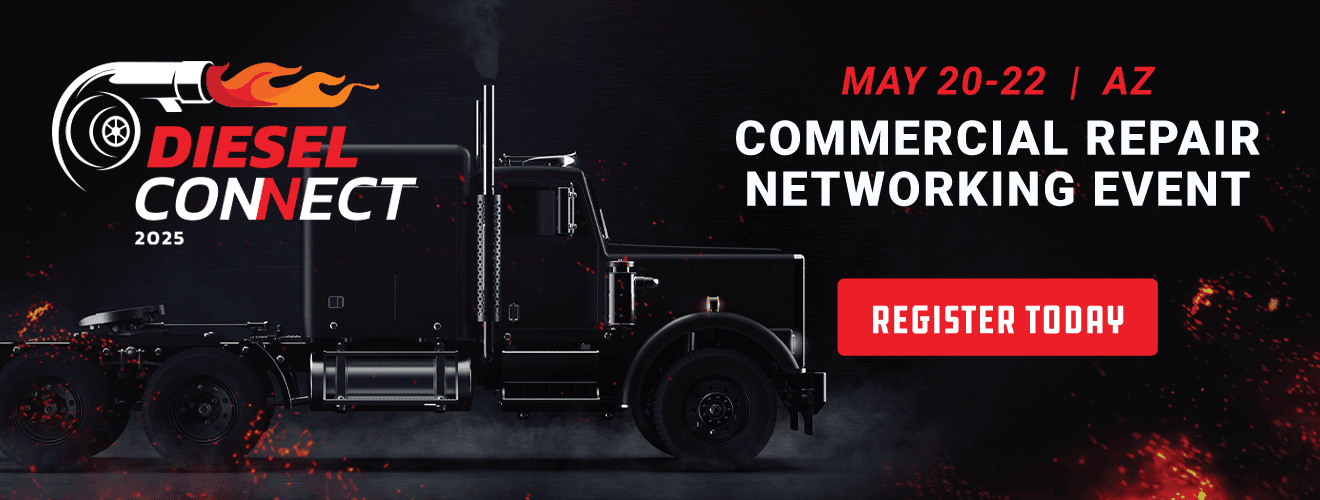How to Build Trust With Your Customers

You can’t run a shop without trust.
Well…you can try, but you won’t get very far.
The bottom line is, the more our customers trust us, the faster we can get work done. And the faster we get work done, the more profitable our shop is. The end result of that equation is that building trust with customers directly increases the profitability of a repair shop.

Trust doesn’t just appear in a vacuum, though. Before you can ask a customer to trust you, you need to be a trustworthy person.
Be a Trustworthy Person
In order for someone to trust us, we must be a trustworthy person. We must be credible. In his book The Speed of Trust, Stephen M. R. Covey lays out four cores to credibility. These are at the foundation of customers building trust in us. The cores are:
- Integrity
- Intent
- Capabilities
- Results
Integrity
Integrity is made up of four virtues: honesty, congruency, humility, and courage. Honesty means telling the truth, even when it hurts you. Congruency means living according to your own values. Humility means caring about what is right, not who is right – and looking out for what is good for other people, not just for you. Courage is probably the easiest of these; it means doing the right thing, even when it’s not easy.
Intent
Intent reflects what we truly value. Even if we mess up our words, people will still get our meaning if our intent is right. Covey breaks intent down into three pieces: motive, agenda, and behavior. Motive is why we do what we do. If you want to build trust, the best thing you can do is truly care about people and see them as people, not objects.
Yes, we’re using a lot of italics on this one. It’s important.
Agenda is what we do. The best agenda is honestly seeking win/win arrangements – things that are good for you and your customer. Behavior is implementing our agenda. It is how we do it. People see and judge us on our behavior. Our true intent will always shine through our behavior.
Capabilities
Integrity and talent are great, but they aren’t quite enough – you need to be competent, too. Think of that nice coworker everyone has had who is incredibly kind but also…well, just kind of useless. We have to have the capabilities to get the job done right. That means we have “the talents, skills, knowledge, capacities, and abilities … to perform with excellence.”
Results
We can’t hide from our results. If we don’t deliver, we have no credibility. All your good intentions and capabilities don’t mean anything if you can’t churn out a good repair time after time. No results, no trust. That’s the harsh reality.
13 Ways to Earn the Trust of Your Customers
Lack of trust will tank your business 100% of the time. Why should a potential customer entrust you with their vehicles if you haven’t proved your worthiness?
The key is to earn their trust early, and then never give them a reason to start distrusting you. How can you do that, besides doing good work? Covey suggests these 13 ways to build trust with your clients and keep them coming back for more:
- Talk Straight
- Demonstrate Respect
- Create Transparency
- Right Wrongs
- Show Loyalty
- Deliver Results
- Get Better
- Confront Reality
- Clarify Expectations
- Practice Accountability
- Listen First
- Keep Commitments
- Extend Trust to Others
We built Fullbay to help you embody several of these methods.
In a diesel repair shop, the more trust you build, the more business you’ll get – and the more customers will leave you to do the necessary work. That’s a straight line to a more profitable shop, which is what everyone wants in the end. Take the steps necessary to increase customer trust, and it will pay off handsomely.
Give yourself every opportunity to earn their trust by testing out Fullbay. Our customer portal provides transparency into how the work is going on their vehicles, and helps you stay accountable by recording and time-stamping all actions. Try out the portal and see for yourself why so many customers are willing to trust the shops that use it.

